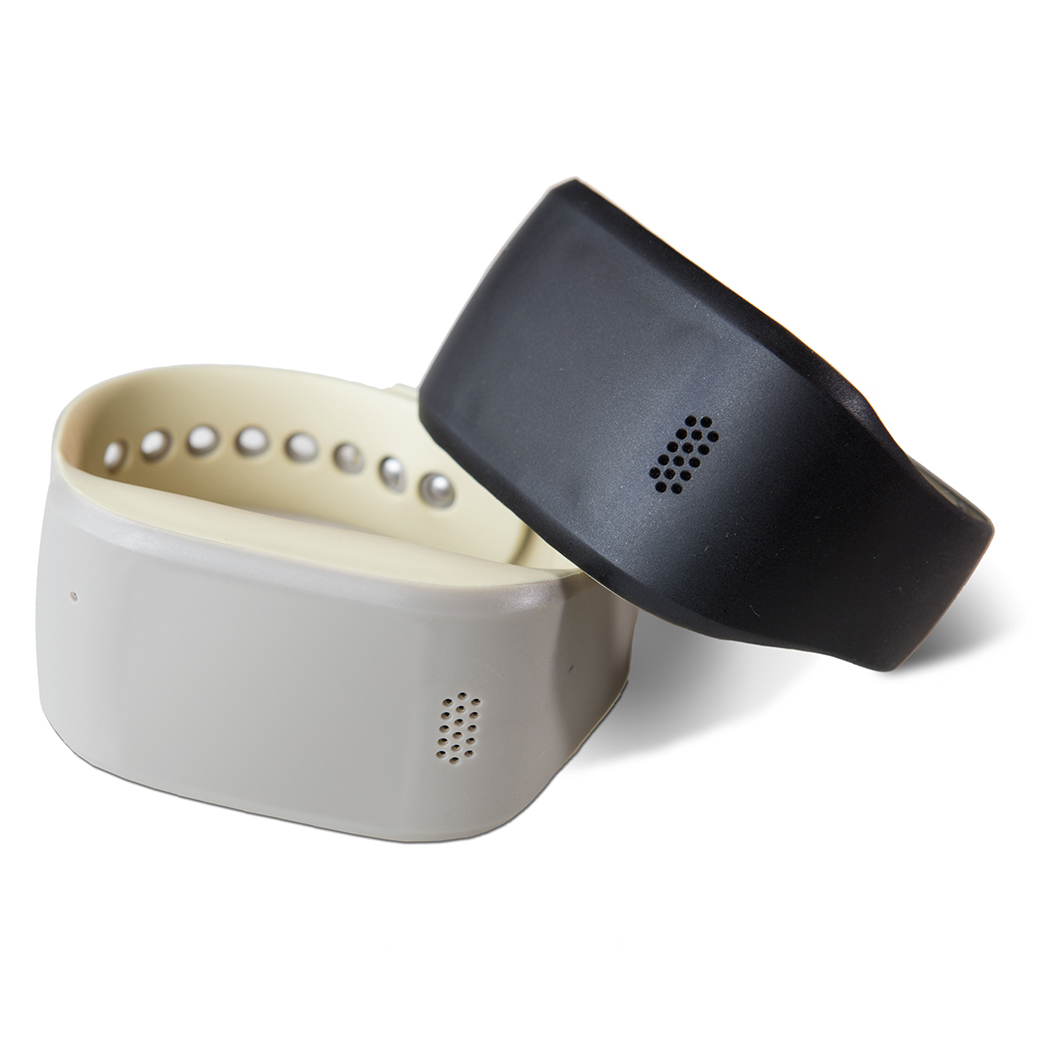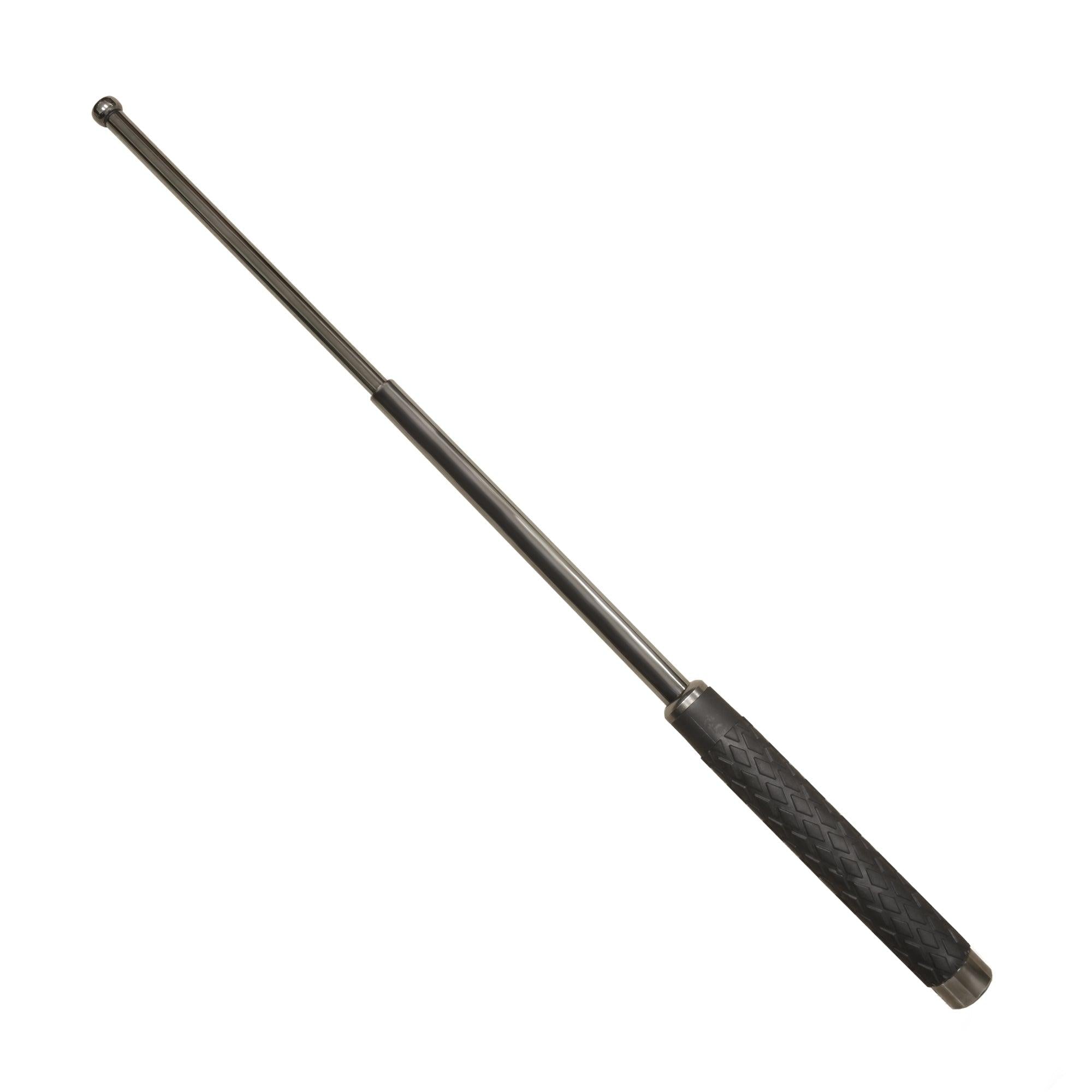
There are a few ways to keep your home safe. A personal alarm system can be an investment. You can also lock your rooms to protect you. Keep your cash and valuables safe. Avoid social situations with strangers, if possible. These steps will make you feel more secure and less vulnerable.
Investing money in a personal alarm system
Personal alarms can help you and your family to be protected. They provide a high level of security and are relatively inexpensive. They are particularly useful for elderly persons, who may have less mobility and senses and be more susceptible than younger people to attacks. They can save lives and help reduce stress and anxiety for the family in an emergency.

Locking up rooms
Locking up your home is essential for keeping your family safe. Although most people emphasize the importance of locking your front door, there are other areas that can pose a danger. For example, the laundry room can be a dangerous place to be in if you do not lock it. Children are curious by nature, so it is essential to make sure that all rooms in the house are secure.
Keep your cash safe
A safe place to keep cash at home is crucial for many reasons. It protects your money against theft, loss and inflation. But you shouldn't keep all of your cash at one place. Because it's easy for burglars find your stash, this is important. A fire or flood can also cause cash loss. Cash should be stored in a fireproof safe.
Refrain from talking to strangers
It doesn't matter if you suffer from social anxiety. You can still have fun if you stay home. Although you can go on walks, bike rides, and jogs, it's best to avoid making contact with strangers. Team sports are also off limits. Instead, speak to your family and friends or go online to find support groups. In addition, create a list of your daily needs.
Keeping children from going out unsupervised
There are several reasons that children should not go out of the house unsupervised, including safety concerns. Children need to be educated about the dangers associated with wandering and how to react in these situations. These concepts may be difficult for children who aren't able to grasp them. In order to keep children safe, the first step is to help them identify themselves and learn at least two phone numbers. This is especially important if they are not yet familiar with the neighborhood. You can also give them access to a mobile phone. However, they will only be able to call you when necessary.

Preventing children drowning
Parents must be aware that drowning in the water can cause serious injury. According to the American Academy of Pediatrics, nine out of ten drownings occur in homes when caregivers or parents are not present. The most at-risk group are toddlers. These children are often impulsive and may run out of control, climb through a doorway, or enter the pool to play with toys. These scenarios are not as common though they may appear.
FAQ
Can I be charged with using my stungun?
No. Stun guns are considered "less lethal" weapons. They cannot inflict serious injury and are therefore considered less deadly.
But, even if you hit someone accidentally with your stungun, you can still face criminal charges
Is it legal to give a stungun to a child.
It all depends on the child's age.
For those under 18:
Yes, 18-years-old and over
When giving a stun gun to a minor, you must ensure they understand the dangers of carrying one.
They should also only use it under adult supervision.
Which self-defense method is most effective?
To defend yourself against an attack, avoid it entirely. Run away from an attack as quickly as you can. This will give you the time to consider a better strategy.
If you are unable or unwilling to flee, learn any defense techniques you have. These include punches, kicks, and knees. To stop your attacker from attacking you more, you can grab his arms and legs.
If none of these options works, you will need to fight back with all the available tools. The best weapon to use for this purpose are your naked hands. But if your hands aren't well-trained, you may need to learn another form of self defense.
Can I legally carry a stun gun?
Yes. You will need a permit from the state.
You must complete an application form to apply for a permit and pay a fee.
You must keep your permit visible, such as in your wallet, once you receive it.
You'll need to apply again if you lose your permit.
Statistics
- Most likely, you'll get tapped out by 90% of the people in your first 3-5 months. (mmaclan.com)
- In a January 2018 survey of 1,000 women nationwide, 81 percent reported experiencing some form of sexual harassment, assault, or both in their lifetime. (healthline.com)
- Some people walk into a gym thinking they are going to become the best by training whenever they like and not putting 100% effort in. (budodragon.com)
- Most likely, the person will want some kind of boxing match, so if you can out-box them, this would be 100% ideal for survival. (budodragon.com)
External Links
How To
How to Survive an Invasion at Home
Home invasion is a scary thought, especially when there are kids involved. We didn't expect to live through home invasion when we started our journey with installing a home security system. Here's what we've learned so far.
-
Don't Let Your Kids See The Attackers. Two men broke into the house while our children were sleeping upstairs. We kept them downstairs until the police arrived. Our kids weren't hurt, but they saw enough to traumatize them.
-
Lock all valuables. We keep valuables locked up in a safe in our bedroom. Even if someone breaks in to the house, they won’t even be able get it.
-
Keep An Eye Out For Burglars. Our neighborhood has many burglaries. We are always on the lookout for suspicious cars and people.
-
Make sure you have a backup plan. We will provide financial support for our family in the event of an emergency. We also have a plan in place to leave the country if necessary.
-
Be Prepared. Be prepared in case you are ever forced to defend your own life. Be prepared with food, water, as well as other supplies.
-
Call 911 immediately. After you discover that someone is breaking into your home, immediately call 911. It's better not to wait for someone to break into your home than to call the police.
-
Use common sense. Do not let anyone enter your home if you don't feel at home. Do not invite strangers.
-
Ask for help from your neighbors or other people in the area. If you feel uneasy, call friends or neighbors. They will be able to watch your back and call the police.
-
Keep your cool and do as instructed by officers. Be calm and do what officers tell you to. Do not flee or resist arrest
-
Photograph All Evidence. Photograph any evidence that is found during an investigation. This includes fingerprints and blood samples.
-
Local Law Enforcement. No one was hurt, but you can still file a report to local law enforcement. This could help prevent you from being convicted of future crimes.
-
Contact the Insurance Company Immediately. Call your insurance company immediately. Tell your insurance company everything that has happened, and ask them to send an adjuster.
-
Remove Personal Belongings. Be sure to get rid of personal belongings before you leave. It is best to take your expensive jewelry off and place it somewhere safe.
-
You must take good care of yourself. Keep your surroundings clean. Make sure you empty the trash, clean up any broken glass, and lock all doors.
-
Don't Talk About What Happened. Talk about what happened. You never know who may try to use this information against or against you.